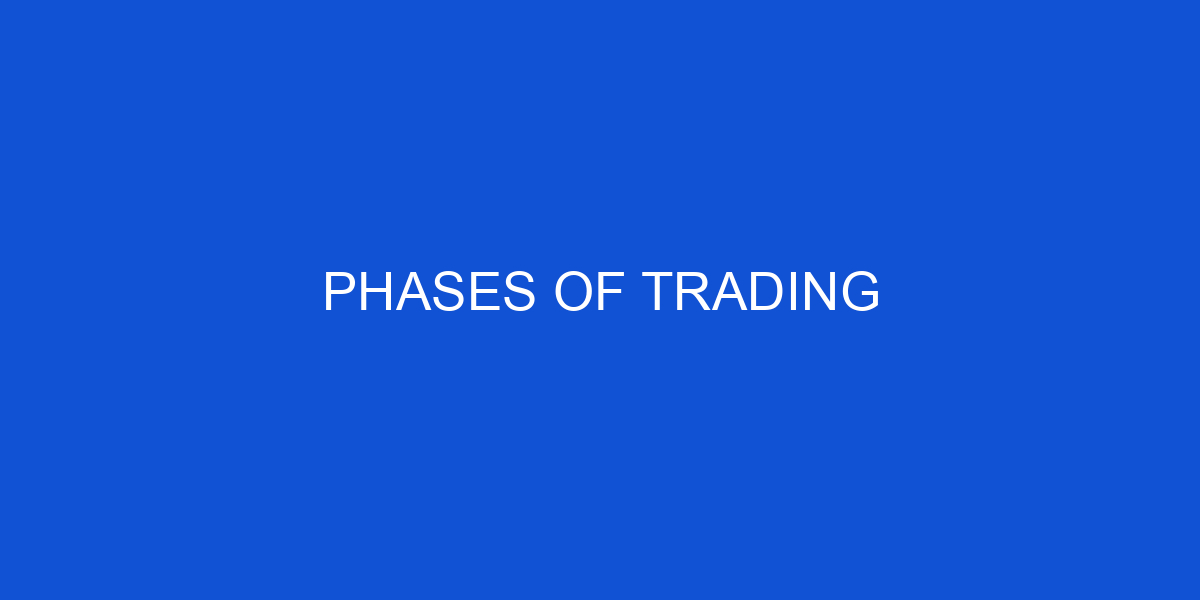
This is mainly geared towards newbies and maybe some pro’s as well, but don’t take this the wrong way, this is just my take on the topic.
Education is the first place to start in trading, you obviously want to learn the basics of how the market works, why things are shown the way they are, what certain indicators do, or even random strategies to start you on your journey. It’s a must, it should be the first thing you do before you enter this world of finance. But the question is, how much do you need?
The famous quote would be “knowledge is power”. Yes, but it can also be overwhelming.
I would recommend reading the basics to be able to look at a chart and not be dumbfounded by what you’re looking at, the same goes for prices, bid, ask, volume, etc. That would be a good starting point to read up to. At this point, I’d recommend to start looking at the markets and observe, see if you notice any patterns, draw lines and so on. If you’re brave, try to make a prediction, but do not start trading just yet. Once you’ve been exposed to markets and know how things move, then you go back to read some more, and get into deeper knowledge of strategies and systems. If you’re using candle sticks, find out what different candles could mean for price action. Then you go back and try it out, this process is repeated over and over thru out your trading career. Just remember, that learning never stops. But studying does! If you understand something, don’t bother reading it again, maybe read to refresh your memory. But don’t study and memorize things, the markets are always changing. It’s not concrete, allow yourself to be subjected to change.
Phases
- Newbie basics
- Market exposure
- Strategy basics
- Market testing
- Strategy indepth knowledge
- Market testing
Repeat the last 2 (or 4) whenever you get stuck
Also, although you may think it’d be best to avoid losses. A true trader/investor isn’t going to get good without taking a hit (small or big) in their career. It’s better to make losses early on so you learn your lesson before risking more then eventually gaining it all back. Compared to newbies who have beginner’s luck (kind of like my incident with binaries, looking back at it now) then end up screwing up later on with bigger losses once the profits are compounded. “No pain no gain”, gotta get past the first bump of losses before you access the profits.
———————————————————————————
Another thing, throughout your trading career, you’ll come across many different sources of information either from blogs (like me) or well known sites or pumpers. Take the information with a grain of salt. Think about it this way, if you walked down the street and asked a random person for stock tips, would you listen to them? Probably not, so what’s the difference for online sites? Sure, someone might have 1000s of posts on a forum or 100s of blog posts on their blog, but how are they different from bumping into that stranger a 100 times on the steet? On my disclaimer in the about me section, I state it outright, I’m just a financial enthusist, I’m not a registered broker or anything giving professional advice, so you’re supposed to do your own research as well.
For the gullible people out there, you may choose to purposely avoid people who say things against your mentality and purposely seek to look out for information that pertains to your mindset. I found a picture to depict this:
————————————————————————————-
A funny picture for phases of trading for any stock that you may be playing, this is mainly geared towards penny stocks to be a roller coaster ride, but mid/big-cap stocks sometimes do this as well.
